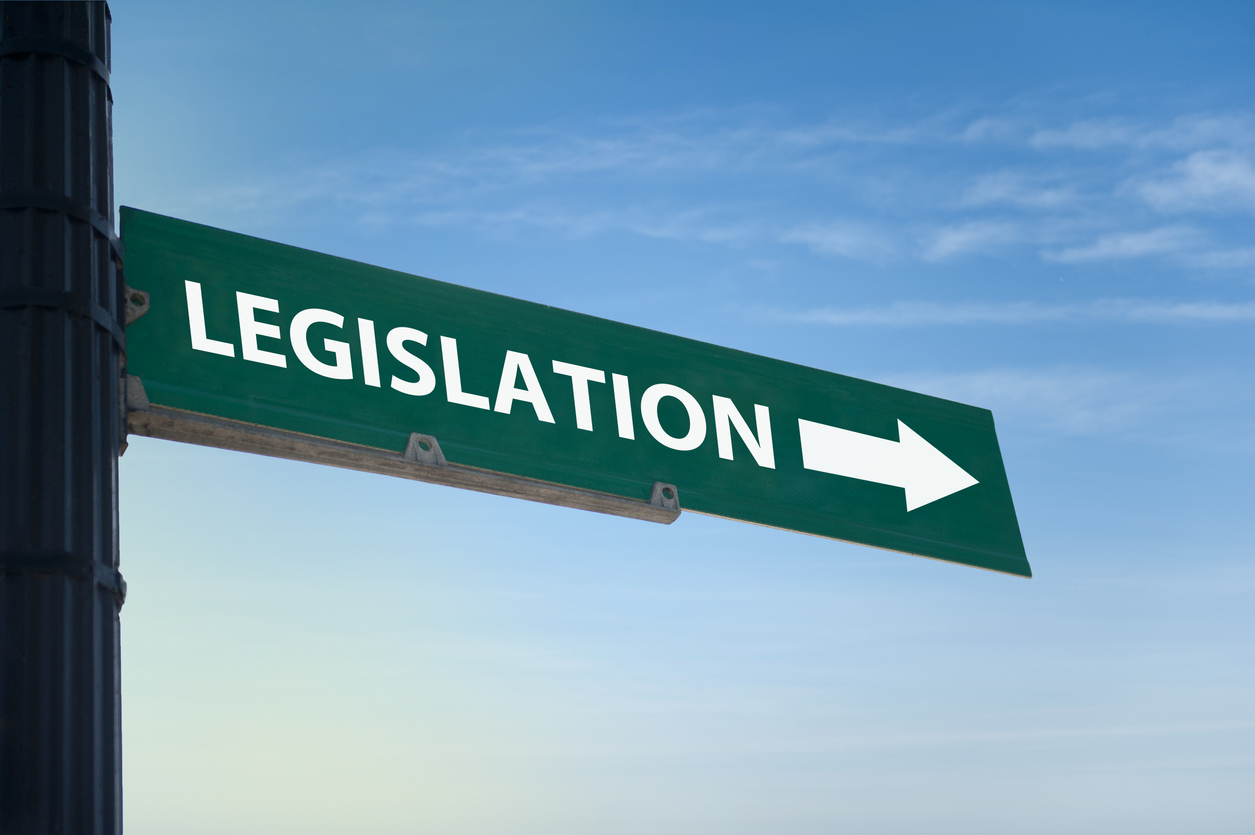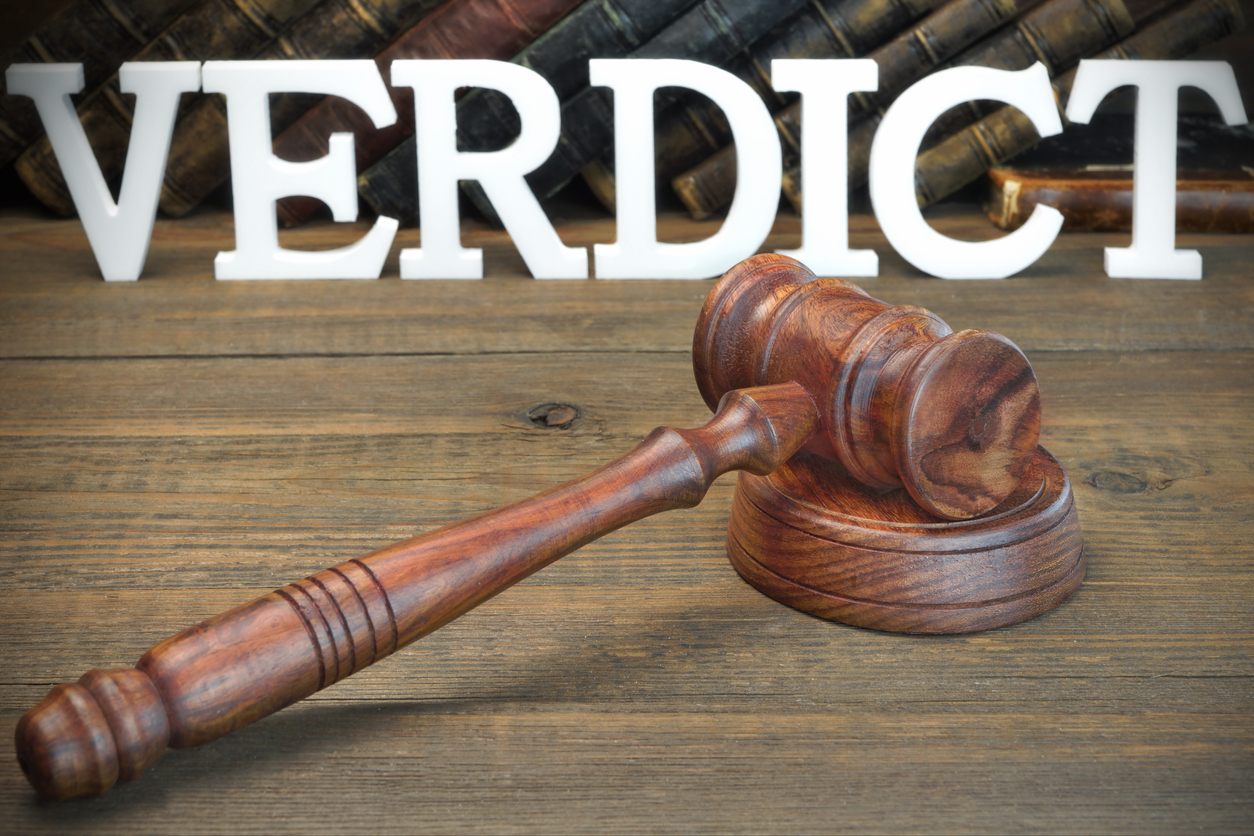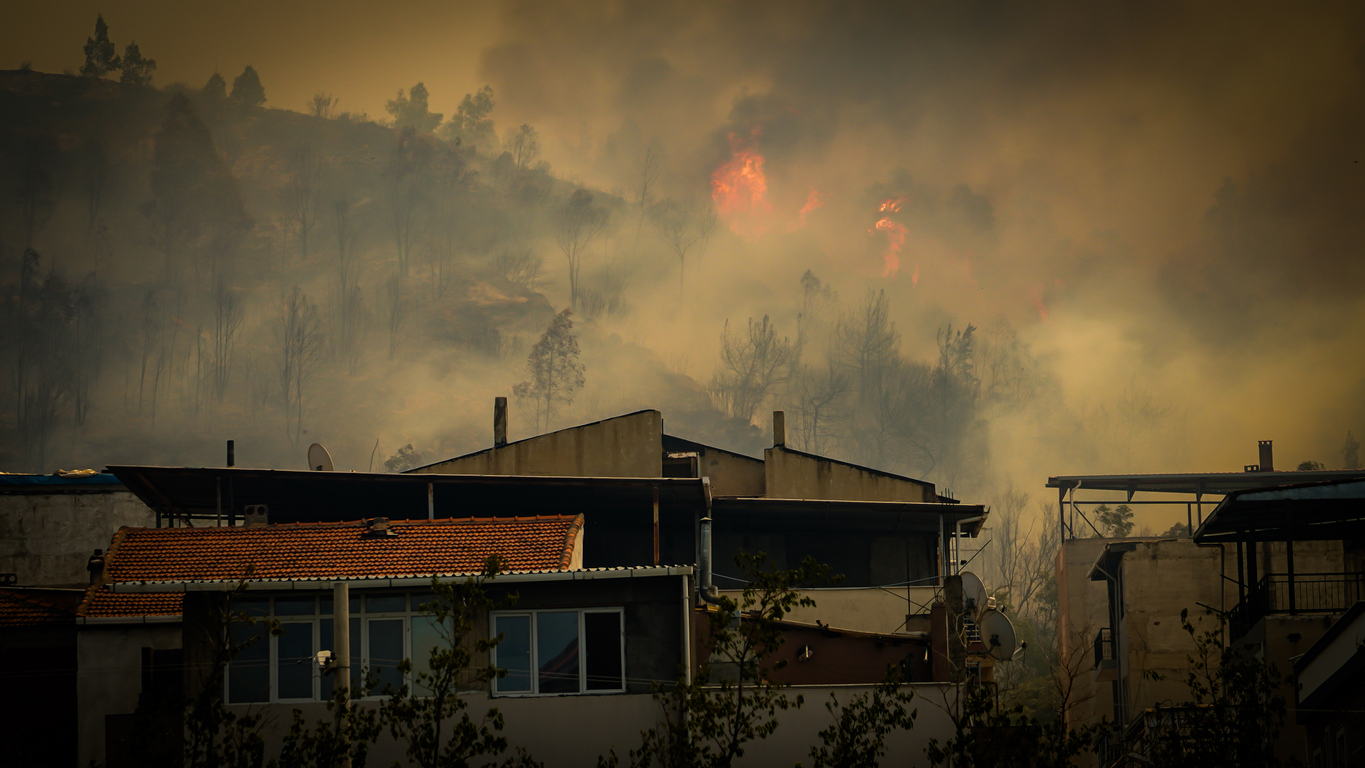I recently came across a case in Colorado involving a suit filed by a business owner against the insurance company for damage to his building when an underground water main leak caused settling.1 The facts are:
The plaintiff owned a building where he operated a martial arts training program. He noticed a crack in the wall and reported the damage to his insurance agent. The claim was denied by the insurer based upon an exclusion for settling. Almost two years later, plaintiff again contacted his agent because the damages had increased significantly. He found out that a city water line was being repaired nearby. Water was ‘bubbling up like an artesian well’ in the basement of an adjacent building. The city found a leak and repaired it. Plaintiff told his insurance company that this leak caused his damage too, but the claim was denied. The insurance company relied on an exclusion which stated that they would not pay for damage due to settling, cracking, shrinking or expansion but if damage results from the ‘specified causes of loss’ it would be paid. The policy stated ‘specified causes of loss’ included water damage, and ‘water damage’ included “accidental discharge or leakage of water…as the direct result of the breaking or cracking of any part of a system or appliance containing water.”
This case was tried to a jury and they awarded $556,000 in actual damages plus $556,000 in punitive damages. By its verdict, the jury determined that the damage to plaintiff’s building was done by the leaking water main. In its appeal, the insurance company alleged error with the court’s ruling that the exclusion for settling did not apply if the cracking resulted from the leaking water main. The insurance company relied on Kane v. Royal Insurance Company,2 which held that an exclusion for damages caused by a flood applies regardless if it is caused by natural forces or by third-party negligence. Similar cases were cited regarding a settling exclusion being applied regardless of whether it was due to soil conditions or accidental water discharge. The plaintiff contended that the settlement exclusion should only apply to damages resulting from natural conditions over time.
By reading the policy, the appeal court found it was not clear whether the efficient cause of the settling could be from a natural occurrence or from broken pipes. It also found that the language in the Kane policy that avoided the claim of ambiguity was not incorporated in this policy. Thus, the court found that by failing to use the general language the coverage and exclusion provisions were inconsistent and ambiguous so there was coverage for the damages.
I’m sure you’ve seen it in our blogs many times, but reading your insurance policy and understanding the terms is extremely important. The use or non-use of a word or phrase can make all the difference.
1 Novell v. American Guar. And Liability Ins. Co., 15 P.3d 775 (Colo.App. 1999).
2 Kane v. Royal Ins. Co., 768 P.2d 678 (Colo. 1989).



